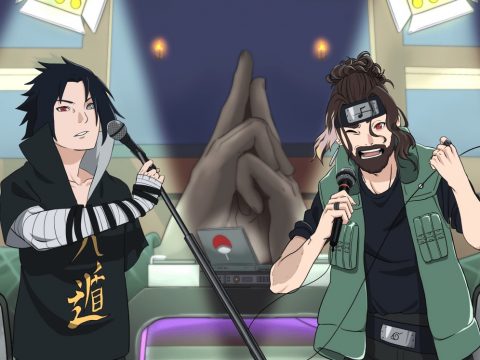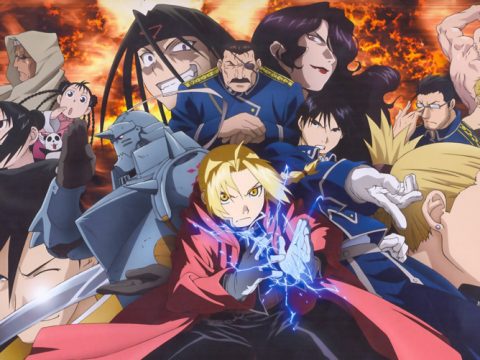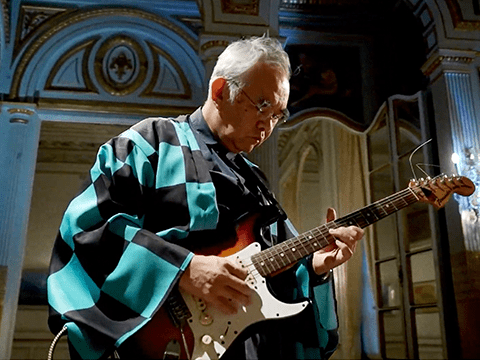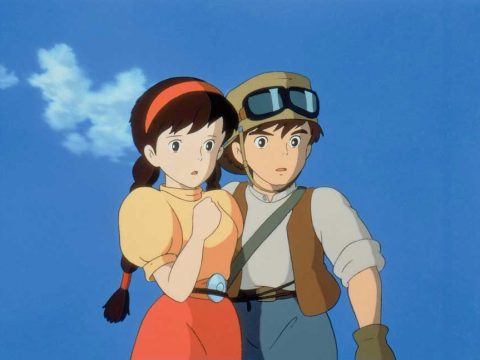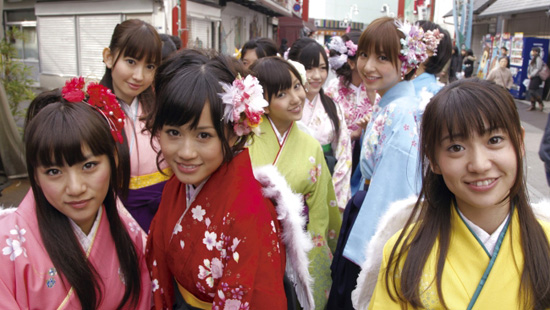
Documentary of AKB48 kicks off in a bright, sunny restaurant, where a small fraction of the pop idol collective sits enjoying a meal and some friendly, scattered chit-chat. The scenario promises an intimate portrait of the day-to-day lives of the girls who comprise teams A, K, and B of AKB48, and that’s precisely what you get with to be continued. Nothing more, nothing less; if it’s one-on-one interviews you’re looking for, this documentary will scratch that idol itch.
That’s also the downside of to be continued. Fans will lap up the opportunity to see their favorite idols individually commenting on what it’s like to do what they do, but there’s little here for the uninitiated that wouldn’t come off as slightly confusing. After the opening lunch, we’re rocketed right into a brief performance, then a snippet of an appearance on the music show Kohaku, but this isn’t a doc full of singing and dancing, and there’s not much in the way of a concrete, driving narrative.
In fact, there’s very little setup in general, outside of some text explanations in the opening. Again, this can be great for fans, but it limits the audience of to be continued substantially. It’s best to be familiar with AKB48’s more prominent members, who all sit before the camera and chat in response to a similar series of questions. They detail how their experience has been with the group, how they either execute or are affected by leadership within, and where they see themselves in ten years, after their time in AKB has inevitably expired.

That’s not to say it’s not at all interesting. I’m pretty fascinated in general when it comes to the world of Japanese pop idols, and the portrait painted here isn’t cloyingly sugar-coated. There’s a lot of crying, of course; the heartbreak of team members leaving the group or graduating to another is genuine. “You don’t know how it feels to leave your first team until you’ve done it,” one of the girls remarks. The behind-the-scenes drama when it comes to general elections within the three teams is also palpable. Despite the overall pleasantness and camaraderie on display, there’s clearly a high level of competitiveness between members of teams A, B and K, and their job is a taxing one.
Watching to be continued also highlights just how young these girls are, if it wasn’t already apparent. When one of them is asked if this is her calling, her response is illuminating: “I think so… what’s a calling?” Yuko Oshima (23), who has been a contributing member since 2006, states, “I both like and dislike AKB48,” while ruminating on the possibilities of the future. There’s a looming uncertainty in the older members. Everyone clearly understands that both the popularity of and their presence within AKB are fleeting things, so some of what they have to say deals with their aspirations beyond the group. Let it not be said that there’s an overall lack of confidence in their staying power, though. “We’re strong, like weeds,” one says—perhaps not thinking too deeply about how the general population feels about weeds—on the group’s ability to redefine themselves should their popularity wane.
The closest the documentary comes to conflict—and when it’s at its most interesting—is when it builds up to an interview with Minami Takahashi (aka Takamina), AKB48’s de facto captain. She touches on the responsibilities she must take on, and how her role is one that requires “the courage to be hated.” It’s difficult not to respect their hard work and diligence after spending two hours behind the scenes with them and watching their taxing rehearsals in action.
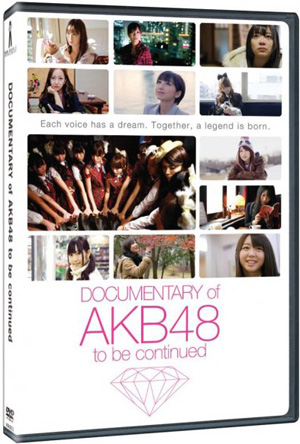 Don’t expect extensive concert footage, or even a full song beyond the closing credits. This is a documentary for those already well-versed in the world of AKB48, and newcomers aren’t likely to come away with too much more insight into the Big Picture of it all. Documentary of AKB48: to be continued is for those who know the members by name, and want a deeper look into how each of them functions within the whole, and how they feel about their role on stage at such a young age. In that respect, it’s at times fascinating, and at times surprisingly frank and honest. Without a narrative spine or a substantial amount of conflict, though, it’s more like flipping through the yearbook of a school you didn’t attend.
Don’t expect extensive concert footage, or even a full song beyond the closing credits. This is a documentary for those already well-versed in the world of AKB48, and newcomers aren’t likely to come away with too much more insight into the Big Picture of it all. Documentary of AKB48: to be continued is for those who know the members by name, and want a deeper look into how each of them functions within the whole, and how they feel about their role on stage at such a young age. In that respect, it’s at times fascinating, and at times surprisingly frank and honest. Without a narrative spine or a substantial amount of conflict, though, it’s more like flipping through the yearbook of a school you didn’t attend.
Distributor: New People Entertainment
Running Time: 120 minutes
© 2011 AKS Inc. / TOHO CO., LTD. / NHK Enterprises, Inc. / Rockwell Eyes inc.



